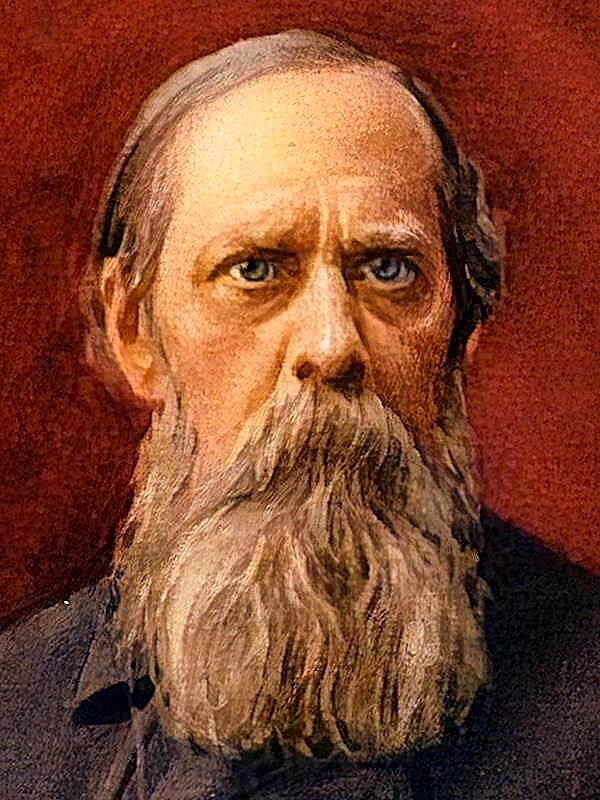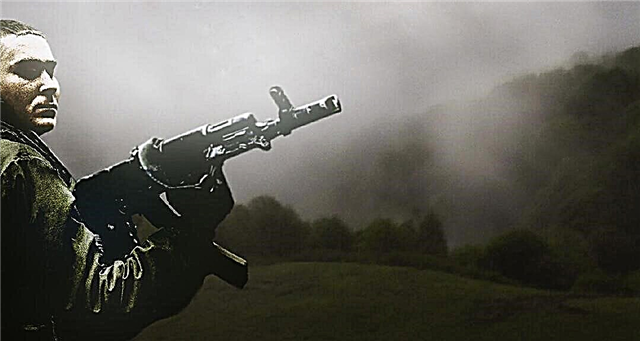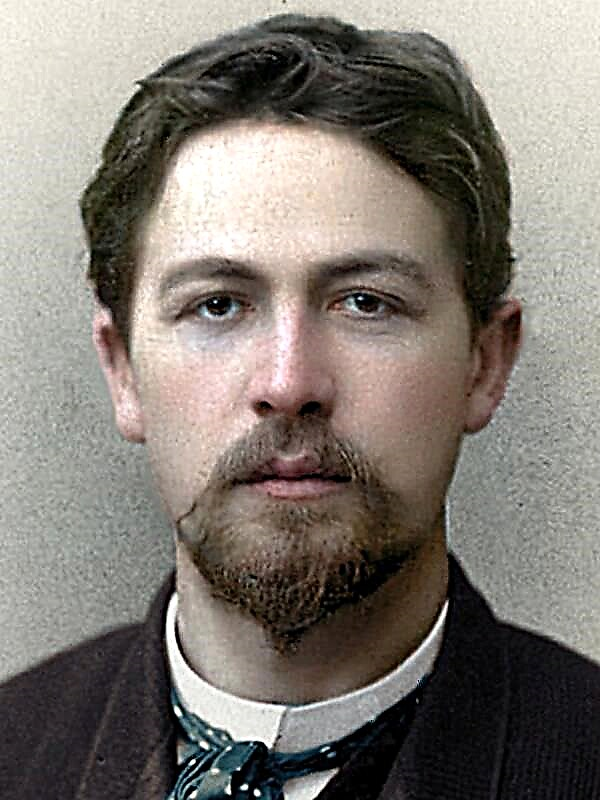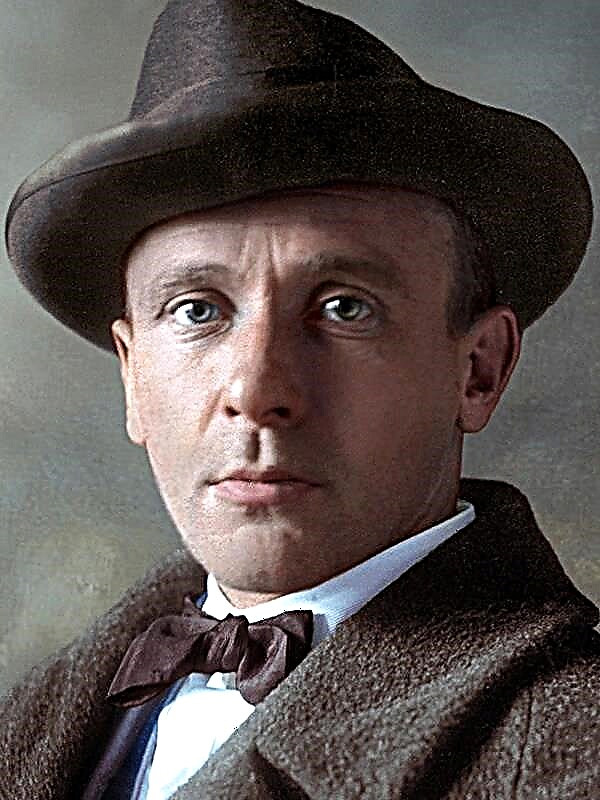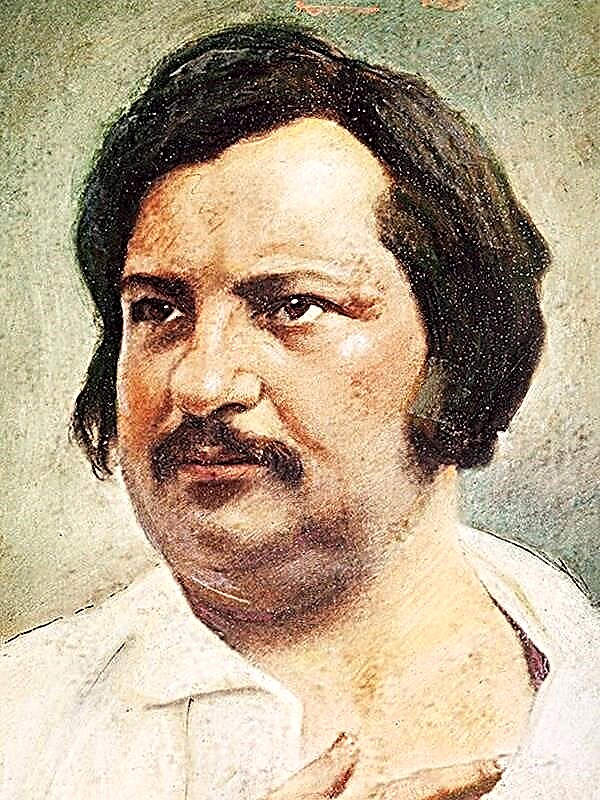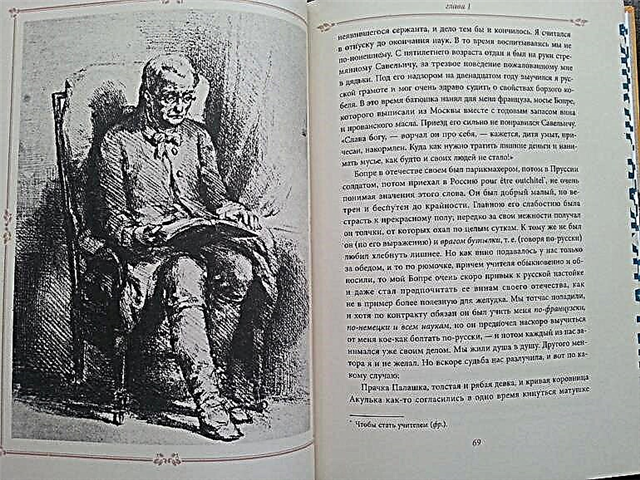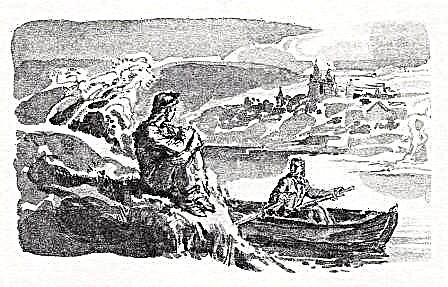(512 words) Chekhov's prose is rich in details and interesting images. His innovation is undeniable. However, among his works, everyone finds something of his own, dear and bright. Not every talented book will be awarded this title. For me, this is the story "Lady with a Dog." The central theme of the story is considered a resort romance, but there is also a parallel, contradicting the first - the fear of condemnation by society. I consider this topic relevant and very important for the individual.
“She walked alone, all in the same beret, with a white spitz; no one knew who she was and they called her just like that: a lady with a dog. ”
It is this quote that helps us figure out the title of the book. No one knew what the name of the mysterious lady was, and she was secretly given the name as "lady with a dog." In many ways, the storyline is built around it. Love, passion, the risk of losing everything and the desire to gain everything - all this is revealed by the main character in the pages of the story.
I especially like the dialectic of the soul in the story. First, Dmitry is a simple cuticle who wants to sit on two chairs: not to lose his wife and start a spa romance. But Anna Sergeyevna - a lady from high society, for whom to decide on treason - means to gain the stigma of “false” and forever lose the respect of society. We penetrate Anna, we begin to respect her, even for a bold act, albeit not justified, and stupid. Anton Pavlovich Chekhov made an open ending, which allows the reader to think for himself how the characters will behave further. Does Anna Sergeyevna confess to her husband what they did, and what will Gurov do next time? Perhaps nothing will change, and they will live their lives, as before, or maybe one of them will nevertheless draw conclusions and make important decisions. And yet, if at first Gurov does not understand the severity of what happened, he is selfish and acts within the framework of his desires, then in the finale he waits at the fence for his chosen one and is no longer living for his own sake, something true and important flashed through him.
Anna Sergeyevna also changes in the process of narration. A modest girl for whom her husband is in the first place. Why does she decide on treason? Most likely, it was a protest. A protest against the life she lived. The author is trying to show us that loyal people do not exist, that everyone has their own desires, which they will try to satisfy. Yes, Anna is shown to us as a poor and unhappy girl who cheated on her husband and realized that this was a mistake. But no one forced her or tried to convince her. It was her decision, the conscious decision of an adult. Probably, in some ways it was justified, because there was no love in her family. Of course, Anna’s duty is to remain faithful to her husband, to prevent rumors and save the family. But the moral values of each hero also undergo changes: to the ending, sincere love justifies betrayal, and many readers mentally absolve the characters.
But I think the main conclusion from this story is this: we must be faithful to what we have chosen. Professions, soulmate. Our choice gives rise to a lot of things after ourselves, it's like a butterfly effect, which then can not be stopped. We need to either make the right choice and be happy the rest of our lives, or make the wrong choice and not show anyone our misfortune. Outside of the story there were details about how children and spouses of heroes who went in search of lost happiness will suffer.

